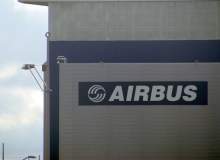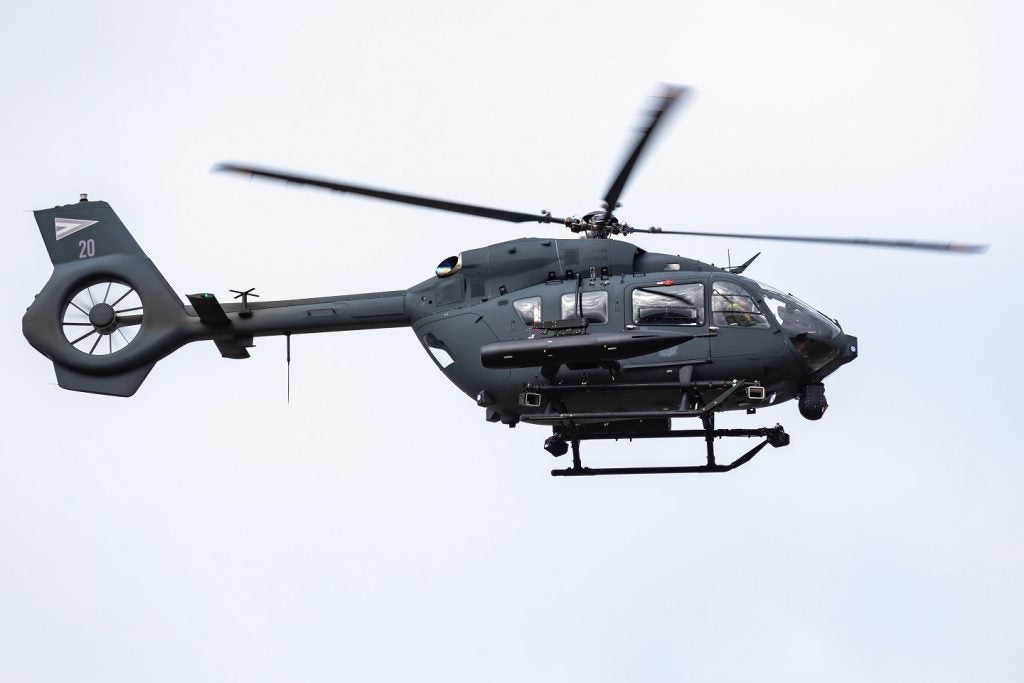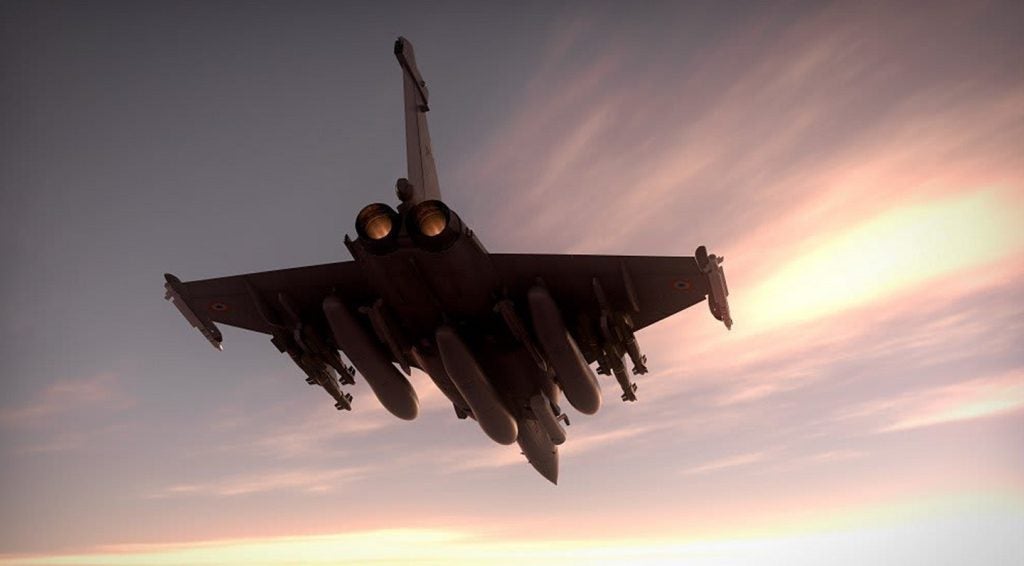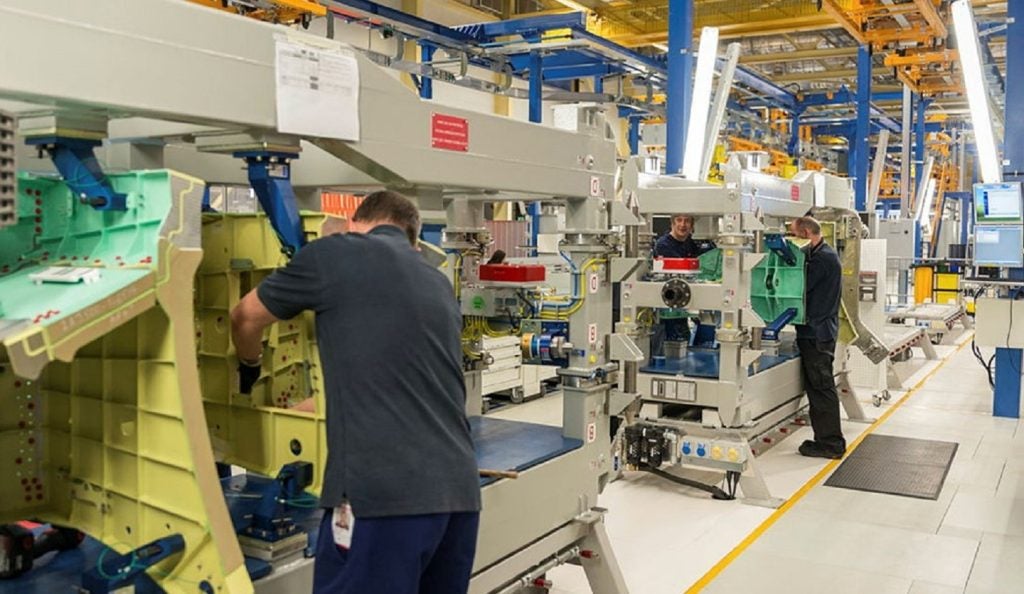
Airbus ” height=”296″ src=”https://www.airforce-technology.com/wp-content/uploads/image-digitalinsightresearch/Archive/nri/airforce/Tom%20Enders.jpg” width=”430″ />
In a statement, Airbus Defence and Space said it had made the decision to divest non-core segments after a "detailed and comprehensive portfolio assessment". It confirmed it was exiting the secure communications market, including all its Professional Mobile Radio and commercial satellite communications services activities, and also selling its stake in Atlas Elektronics, a maker of maritime sensors.
"Given the tight budgetary situation in our home countries and increasing competition on global markets, the portfolio review is an essential element to further develop our defence and space business and to ensure its competitiveness", said Bernhard Gerwert, CEO of Airbus Defence and Space.
Gerwert said the review is a "logical next step" in the company’s overall transformation process.
Most of the companies identified by Airbus specialise in military electronics and systems including US-based Fairchild Controls, German cabin simulator makers Rostock System-Technik, French aviation company AvDef and software company ESG.
See Also:
Spiralling costs and long delays are constant gripes for many critics of the F-35 Joint Strike Fighter programme.
How well do you really know your competitors?
Access the most comprehensive Company Profiles on the market, powered by GlobalData. Save hours of research. Gain competitive edge.

Thank you!
Your download email will arrive shortly
Not ready to buy yet? Download a free sample
We are confident about the unique quality of our Company Profiles. However, we want you to make the most beneficial decision for your business, so we offer a free sample that you can download by submitting the below form
By GlobalDataThe sell-off marks a significant break with the company’s previous attempts to diversify its defence portfolio with smaller, more specialised businesses in response to Europe’s declining defence budgets. These companies have struggled to compete with other firms like France’s Thales, Europe’s largest defence electronics firm.
According to the Wall Street Journal, Airbus Defence and Space makes around €2bn from these companies and will likely generate the same amount from their sale. Potential buyers will be identified by year-end and all assets could be off-loaded by mid-2015.
Airbus Group CEO Tom Enders said the portfolio decisions were a follow up to the company’s Group Strategy Review last year. That review saw the reorganisation of Airbus’s three separate defence entities – Astrium, Airbus Military and Cassidian – into one single organisation under the Airbus Defence and Space banner. In June, the division has also reorganised its space launch activities through a planned joint venture with France-based Safran.
The reorganisation of its defence business comes two years after Airbus Group’s – then EADS – failed merger with BAE Systems, which could have created a single European entity to rival US giant, Boeing. That didn’t happen due to opposition from the German government and a company-wide strategic review followed, which effectively gave greater prominence to the company’s commercial aviation products.
A sign of broader dynamics in Europe
Airbus Defence and Space’s latest decision to divest certain units is indicative of the broader market dynamics in European defence, says Dr Henrik Heidenkamp, a research fellow for the Defence, Industries and Society Programme at the London-based Royal United Services Institute.
"Companies feel that the level of uncertainty around equipment spending, research and development expenditure – and what the military requirements in Europe actually are – are just too high to justify such long term, and very cost intensive commitments to the defence market," explains Heidenkamp.
Airbus has also announced plans to sell its 46% stake in Dassault Aviation, makers of the French Rafale combat jet and Falcon business jets. Last year, Tom Enders said Airbus would no longer commit to major European defence projects, like the A400M transport aircraft or Eurofighter, and the goal to balance defence and commercial projects was "utterly unrealistic".
Other manufacturers are also attempting to mitigate the effects of declining European defence budgets and the resultant drop in demand. German manufacturer Krauss-Maffei Wegmann, makers of the successful Leopard main battle tank, and France’s Nexter Group announced plans in July to merge. Finmeccanica’s recently appointed CEO, Mauro Moretti, has hinted the company will sell off some business units.
"Over the next few years you will see mergers, and I think exits from the defence market," says Heidenkamp. "Companies that have a strong civilian business may consider leaving the defence market altogether…the commercial side offers more certainty."
That could be a worry for other companies like BAE Systems, which, unlike Airbus, has limited commercial products and is more reliant on military contracts. With no new big defence projects on the horizon in Europe, which could equal the scale of A400M or Eurofighter, that concern is likely to grow among investors. So expect to see more major announcements from European defence companies very soon.
Follow Grant Turnbull on Google+


.gif)




